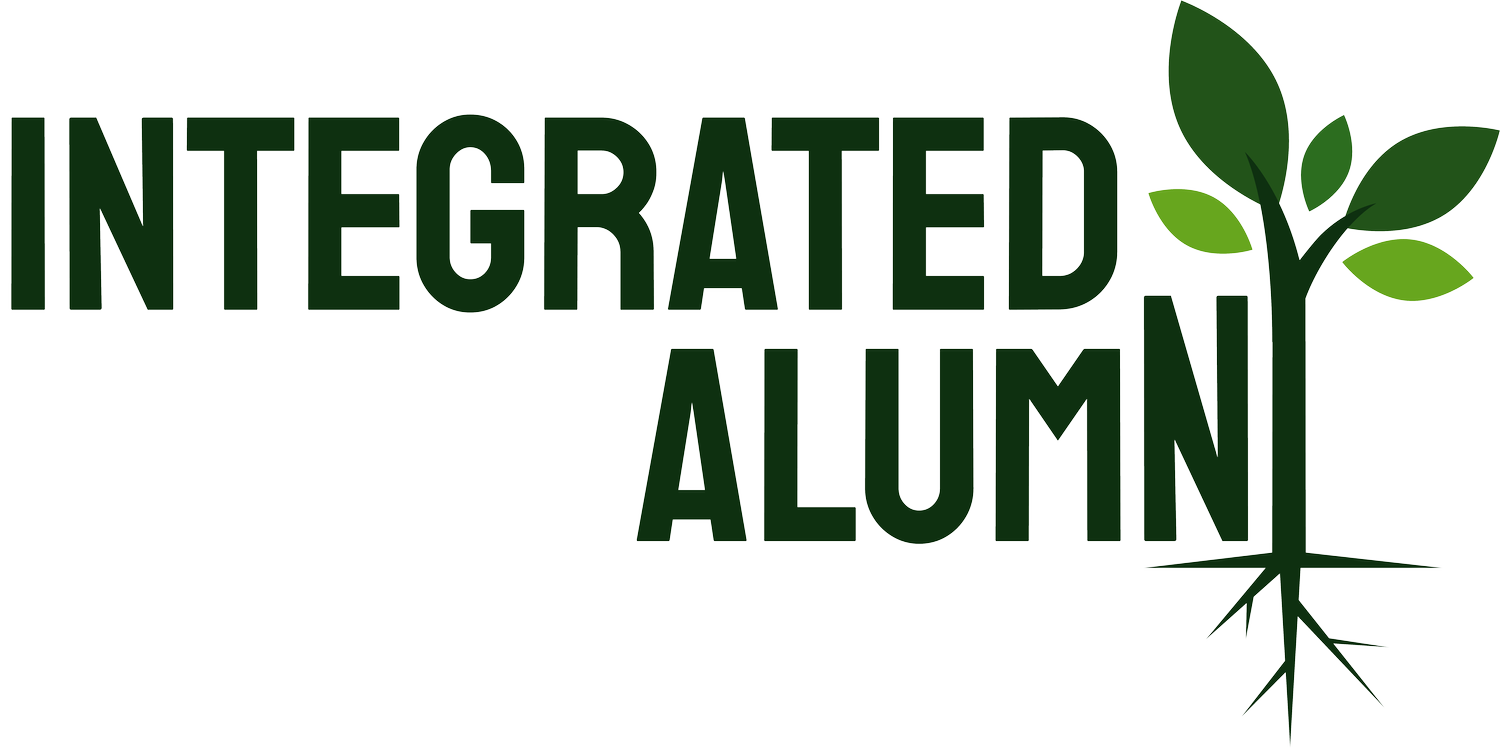Challenges and Opportunities for Integrated Education in Northern Ireland
The Northern Ireland Affairs Committee recently held an oral evidence session examining the state of integrated education in Northern Ireland. The session featured witnesses from The Council for Integrated Education (NICIE), The Integrated Education Fund (IEF) and Integrated AlumNI involved in promoting integrated schooling.
A few key themes emerged:
Slow growth of the Integrated sector: While the number of integrated schools has increased in recent years, they still only represent around 7% of all schools in Northern Ireland. The integrated sector has grown very slowly since the 1998 Good Friday Agreement's commitment to facilitate and encourage integrated education.
Parental demand exceeds supply: Polls consistently show that a majority of parents—across political and religious lines—would prefer to send their children to integrated schools if given the choice. However, the supply of integrated school places has not kept pace with this latent demand.
Challenges in school transformation: The process for existing Protestant or Catholic schools to transform to integrated status remains cumbersome and under-resourced. More streamlined mechanisms and dedicated funding could allow more schools to transform to meet parental preferences.
Distinction from Shared Education: Integrated schooling, where children are educated together full-time, was distinguished from shared education initiatives which promote more limited cross-community contact between schools. Some argued resources would be better spent expanding integrated places rather than shared education.
Academic outcomes and school ethos: Witnesses challenged perceptions that educational quality would suffer in integrated environments. They pointed to strong academic results and an ethos in integrated schools promoting equality, diversity and reconciliation.
Area-based planning: Better area-based planning for the entire school estate could facilitate the growth of integrated schools, especially in a system with surplus capacity. An independent review proposed a comprehensive area-based assessment.
While challenges clearly remain, the session highlighted the unfulfilled potential of Integrated Education to meet parental demands and contribute to social cohesion in Northern Ireland. Policymakers will need to consider ways to strategically plan and invest in the sector's growth and development as part of broader educational reforms.
To watch the hearing back click here.
